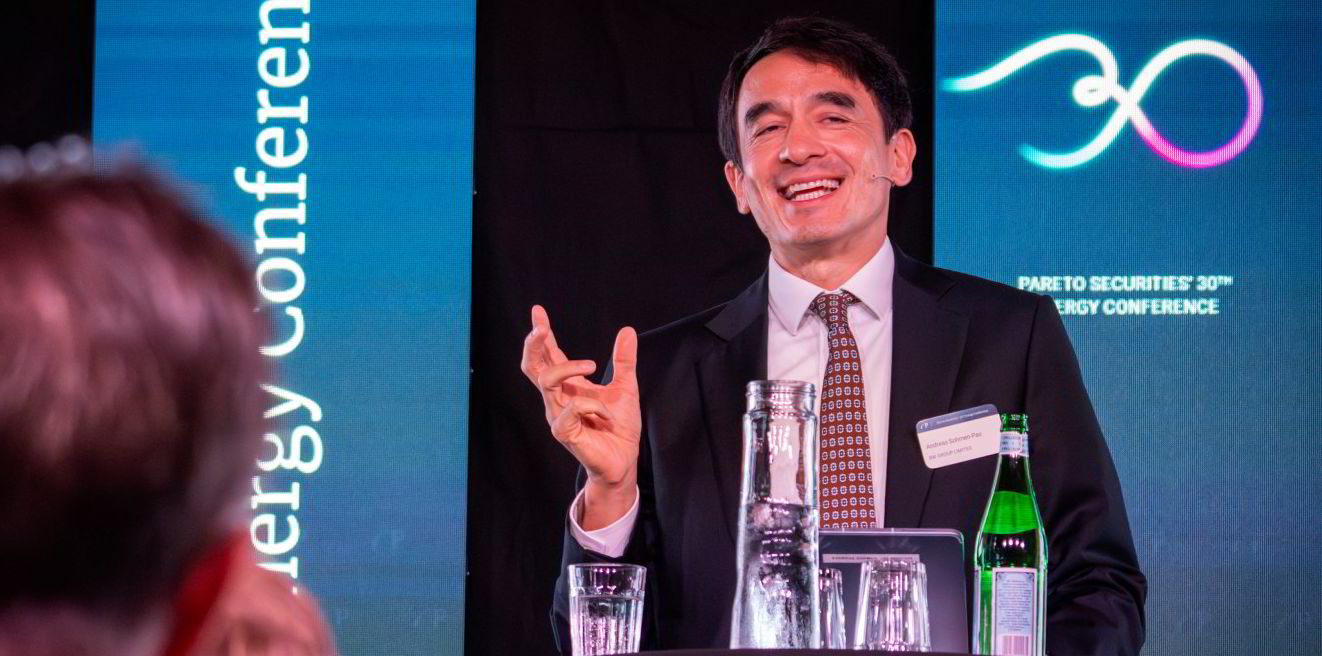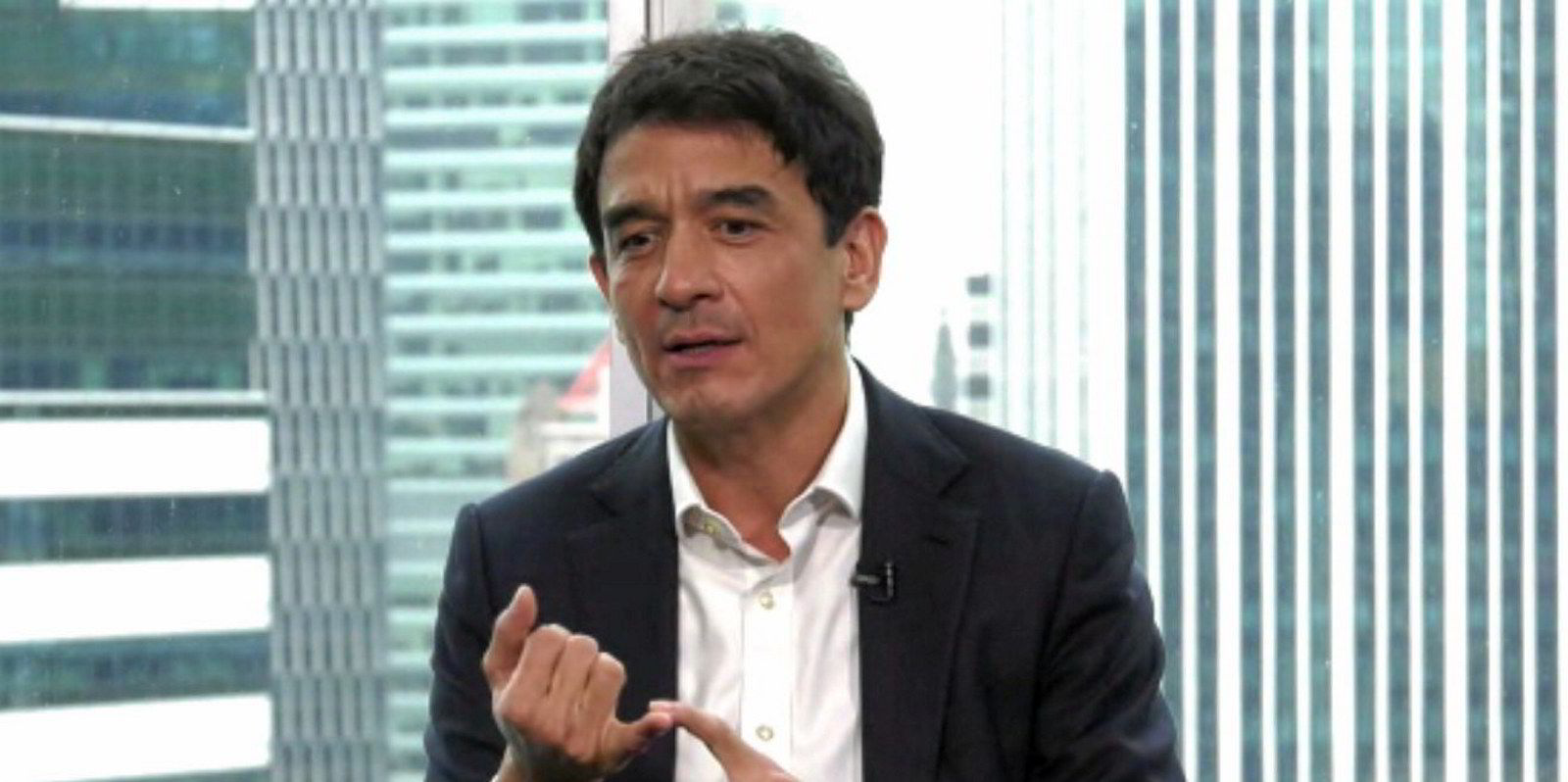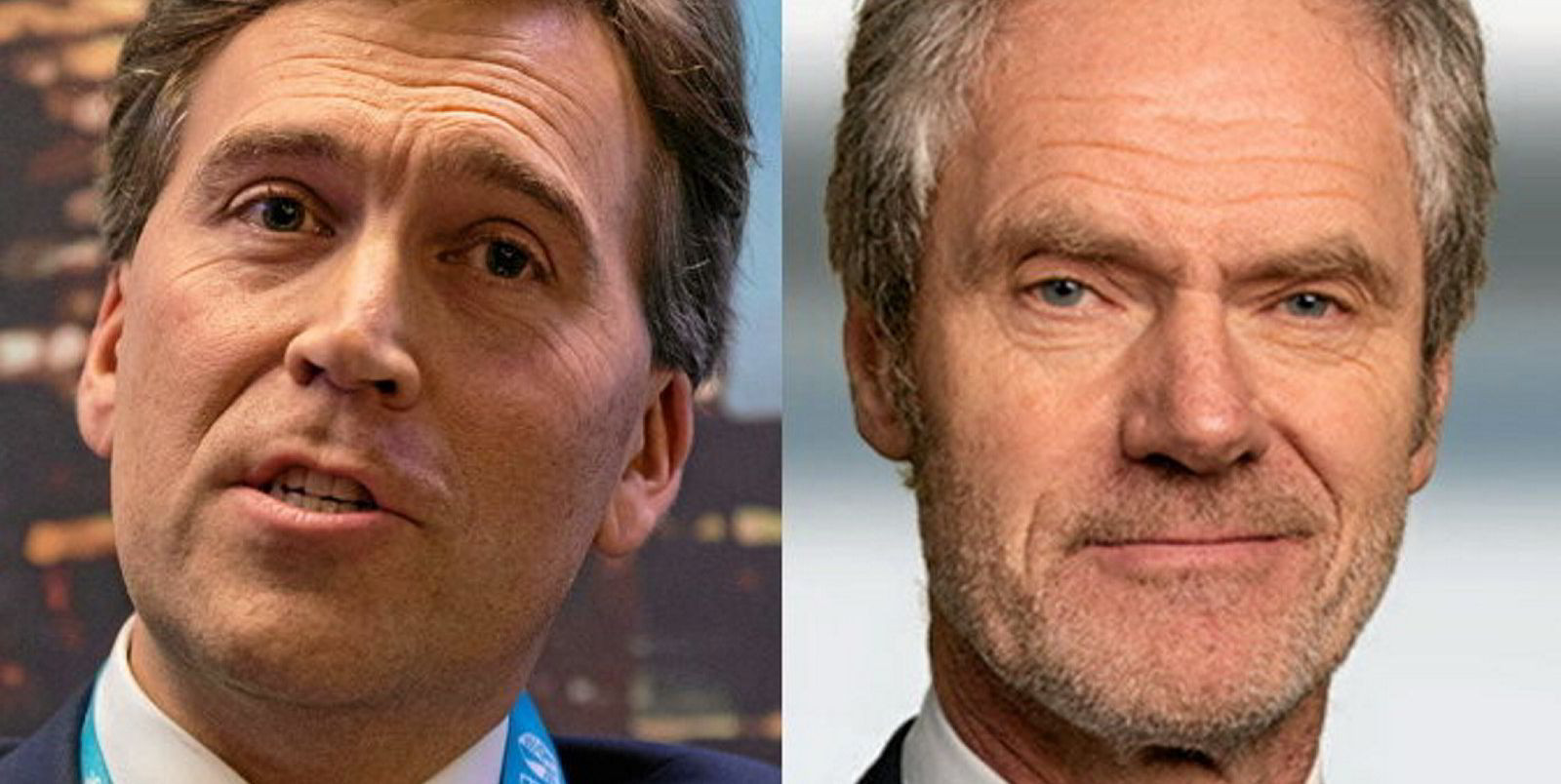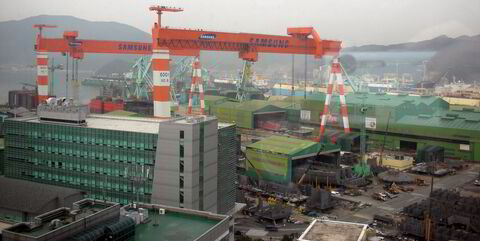Tankers are making Andreas Sohmen-Pao nervous, but he quite likes the companies that own them.
The BW Group boss said high shipping asset prices worry him, describing the situation to attendees at a Pareto Securities Energy Conference as one where the margin of safety reduces, resulting in more upside than downside.
“That makes me quite nervous,” he said during an interview-style talk with Pareto head of research Eirik Haavaldsen to kick off the event.
“Having said that, we really like stocks. We like shipping stocks because many of them are [trading at discounts].
“This cycle is going to last,” he added, noting that global oil inventories are now low and tankers are travelling longer distances with a market projected to be undersupplied.
“The tailwind of shipping stocks is phenomenal and one gets to go in at a discount through shares.”
Statistics from Clarksons Research show across-the-board gains for both crude and product tankers over the past two-plus years, with even vintage ships such as a 10-year-old aframax or a 15-year-old MR more than doubling from 2020 averages.
The jumps come as container ship orderbooks swelled during the Covid-19 pandemic-induced market rally and uncertainty around future fuel availability amid more ambitious International Maritime Organization targets for cutting emissions.
That, Sohmen-Pao said at the Oslo conference, leads to a situation where the current fleet is “going to be in demand for a while”.
Also, as chairman of the Global Centre for Maritime Decarbonisation, he said cutting shipping’s greenhouse gas output would be very difficult.
“We really wanted to understand ... what is actually possible on the ground and how do we get a front-row seat for what’s happening with biofuels and methanol?” Sohmen-Pao asked.
“The simple answer is that this is incredibly hard and it’s going to take a long time.”
He said for biofuels to comply with European Union regulations, shipping would need 23% of biofuel blends by 2025 and 50% by 2030.
To convert the world’s fleet to renewable methanol, he said 10,000 terawatt hours of renewable electricity would be necessary, with Europe on track to produce just 380 terawatt hours by 2030, plus 900m tonnes of material to produce biogenic CO2 and an “untold” number of electrolysers.
“I’m not saying that we don’t want it to happen,” Sohmen-Pao said, before rattling off BW Group shipping investments such as methanol-fuelled ships with Hafnia, LPG retrofits and efficiency improvements. “We’re doing everything we can.”
Transatlantic move?
Haavaldsen said Sohmen-Pao’s seven Norway-listed shipping companies make him the biggest recipient of dividends from the Oslo Stock Exchange, rivalling the Norwegian government.
He asked if the Singaporean tycoon could be looking at listing more companies in New York.
As it stands, BW Group has stakes in New York-listed Navigator Gas and DHT Holdings, while VLGC outfit BW LPG, LPG carrier owner BW Epic Kosan, tanker operator Hafnia, BW Energy and Cadeler are trading in Oslo.
Sohmen-Pao said Norwegian investors understand shipping in a way those in Singapore, New York or London do not always do so, but that the Oslo exchange had been less attractive lately.
He said companies such as Scorpio Tankers, Ardmore and Torm have seen their share liquidity climb on Wall Street.
One reason given was a perceived loss of agility on the Oslo Stock Exchange.
“The second one is the Norwegian krone is just not a favoured currency today,” Sohmen-Pao said. “It’s not been stable in spite of Norway’s stable fiscal condition.
“The result is the statistics are starting to clearly support US listings ... Oslo will need to consider how to stay competitive because the statistics will have to speak for themselves.”





